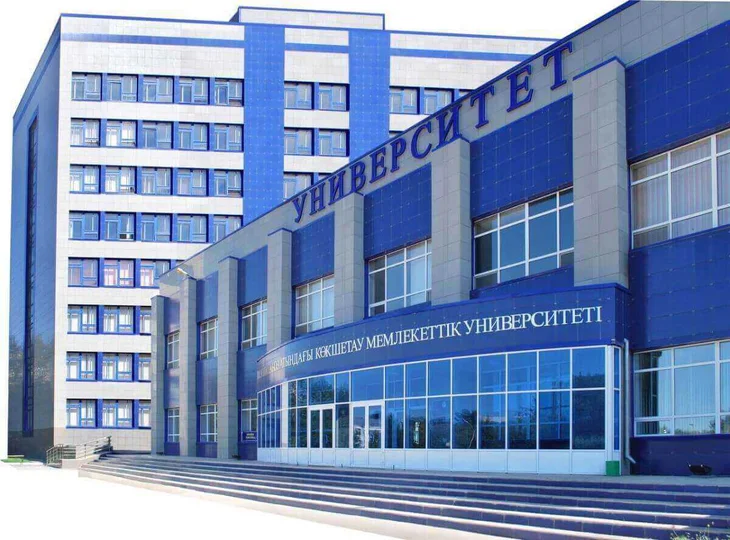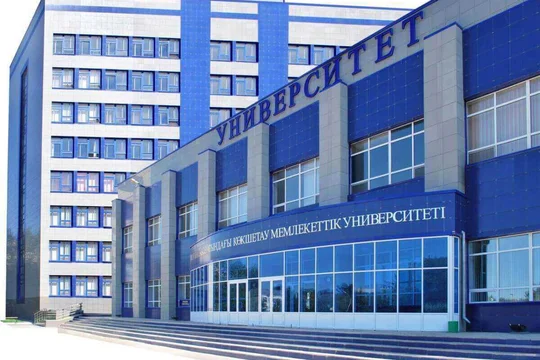Environmental protection

Educational program code
7M05201
Language of instruction
Kazakh, Russian
Learning level
Graduate
Duration of study
2 years
Objectives of the educational program
Formation of professional competencies in ecology and environmental management with a high level of scientific culture for the implementation of the learning process, the implementation of educational and scientific innovation activities, taking into account current trends in the natural science and educational fields, the training of competitive personnel in demand in the modern labor market, competent in the field of ecology and environmental management, fully satisfying the requirements of employers
- Management Psychology
- History and philosophy of science
- Higher school pedagogy
- Research culture and scientific ethics
- Research practice
- Foreign language (professional)
- Final certification Preparation and defense of a master's thesis.
- Research work
- Environment and biodiversity conservation
- The body and the environment
- Teaching practice
- Rational use of natural resources
- Modern methods of environmental risk assessment
- Toxic elements in the environment
- Introduction to environmental risks
- Land resources and restoration of disturbed landscapes
- International cooperation in the field of nature conservation
- Methods of teaching ecology at the university
- Methods and means of environmental education and enlightenment
- Methods of scientific research in ecology
- Waste collection, sorting and recycling methods
- Monitoring of aquatic ecosystems
- Regulatory legal acts in the field of environmental protection
- Wastewater treatment
- Environmental problems of the environment
- Ecological and economic foundations of environmental management
Learning outcomes and competencies
- To carry out analytical and bibliographic work through the use and involvement of modern information technologies;
- To realize and develop communication skills, organizational abilities, oratory, to work on the formulation of their thoughts in a logical sequence in oral and written form in the state, Russian and foreign languages in the process of professional communication and teaching; to analyze and differentiate current methodological and philosophical problems of natural, social, humanitarian, economic sciences;
- Summarize and summarize the legislative framework in the field of environmental protection, legal acts and norms, technical standards in force in the Republic of Kazakhstan, including international treaties, standards and agreements, analyze and study management decisions at different levels of the state environmental inspectorate and environmental management;
- To use modern information forms and methods in the educational process in terms of credit technology;
- To analyze the principles and structure of the organization of scientific activity, synthesize and integrate knowledge gained within the framework of special disciplines in the field of ecology to solve professional research tasks in modern conditions; to summarize the results of research and analytical activities in the form of a dissertation, scientific article, report, analytical note with subsequent design and commercialization of scientific ideas; to discuss the role of modern science and education in public life, trends in the development and methodology of scientific knowledge;
- To provide an ecological, biogeochemical, regulatory assessment of the state of the environment and biota, critically assess the nature of man-made impacts on the environment and its quality based on monitoring results, be able to predict and model the environmental situation, calculate environmental risks
- To argue and propose the most important principles of rational environmental management aimed at the sustainable development of the country and the region, to work on the implementation of measures to protect the environment from depletion and pollution, taking into account the integrated use of water and land resources
- To analyze and monitor the degree of influence of pollutants (xenobiotics) on natural landscapes and urbanized territories, to develop and scientifically substantiate relevant methods of biodiversity conservation at different hierarchical levels of life organization, taking into account regional peculiarities
